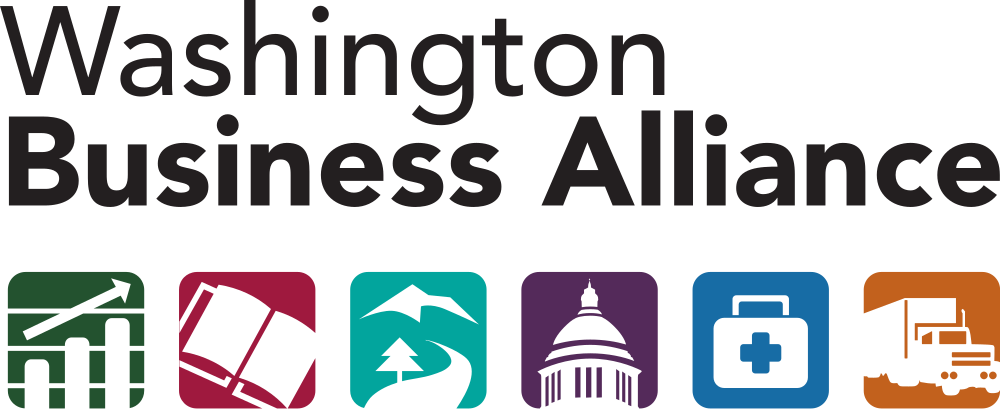by Hans D. Stroo on June 2, 2015
There is an opportunity to strengthen Washington’s economic position by expanding and diversifying its export base. Exporting can be a viable strategy for even the smallest companies. Companies that export typically grow faster, pay employees more, and better withstand economic fluctuations. Export-related jobs in the U.S. pay wages nine to 23 percent higher than others and offer 11 to 40 percent higher benefits. That’s because, in today’s global economy, 95% of the world’s customers and 70% of global purchasing power are located outside the United States.
As of now, only four percent of Washington-based companies export to international markets. Small and medium sized businesses are often prevented from exporting by the prohibitive costs of entering international markets and finding foreign buyers. Luckily, the state Department of Commerce provides a number of export assistance services for small and medium sized companies looking to move into exporting.

- Governor Inslee during a Nov. 2013 trade mission in Shanghai.
Washington-based firms can join Governor-led trade missions to foreign countries where they have access to industry leaders and high-level government officials. Past and upcoming trade missions have targeted China, Vietnam, Europe, South Korea, and India. Small and medium-sized firms can also receive export finance counseling from the Export Finance Assistance Center of Washington. Firms rely on the EFACW staff for assistance in navigating Ex-Im Bank and Small Business Administration finance programs, negotiating contracts with foreign buyers, and dealing with foreign exchange issues.
Export Vouchers
The Department of Commerce’s export voucher program has seen major success in helping Washington’s small and medium-sized businesses move into exporting. The vouchers can be used by qualifying firms for up to $5,000 of export-related expenses (a minimum 25% cash match is required from the company). Qualifying export expenses include trade show and trade mission fees, airfare, and translation services.
More than 430 small businesses from around the state have benefited from the first two years of export vouchers — achieving $161 million in sales.
To be eligible, companies must have been in business for at least one year, operate profitably, and demonstrate export readiness. Additionally, firms must be registered to do business in Washington State, have a Federal Identification Number tied to a Washington address, and be in good standing with the state Department of Revenue.
The State Trade & Export Promotion (STEP) grant, funded in part through a cooperative agreement with the U.S. Small Business Administration, supports state programs that help small businesses access global markets. The Washington State Department of Commerce has been the largest grant recipients over the program’s three-years in operation.
Strong trade relationships reward Washington with both a regular inflow of new money and insulation from fluctuations in the local economy. Given Washington’s manufacturing prowess, its foothold in high tech & agriculture exports, and its strategic location as a gateway to markets across the Pacific, it is essential that the state continue investing in programs and infrastructure to facilitate stronger connections between Washington companies and foreign markets.
